Great Red Spot Closeup
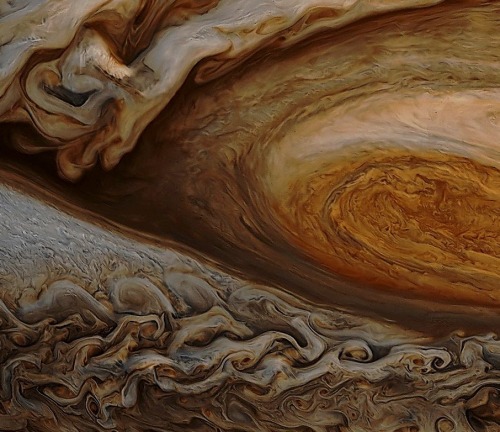
Great Red Spot closeup
via reddit
More Posts from Astrotidbits-blog and Others
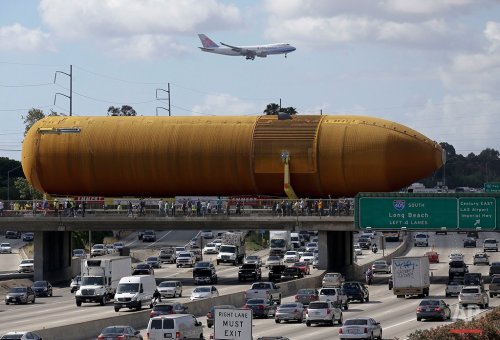
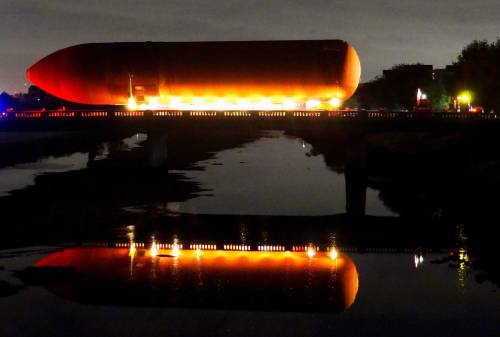

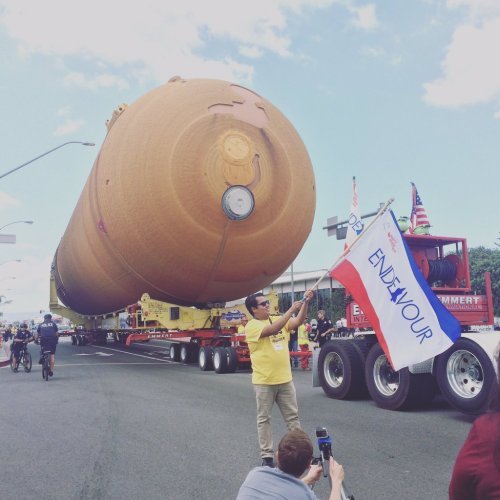
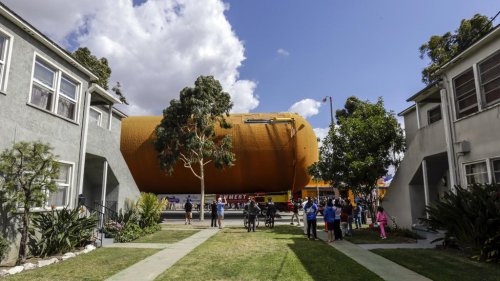
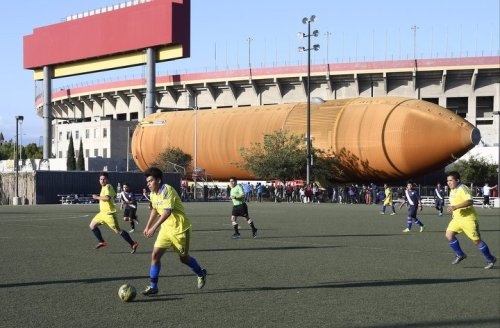
Last space shuttle External Tank arrives at California Science Center.
ET-94 paraded its way through the Los Angeles suburbs today, May 21, as it journeyed to its final home at the California Science Center.
The last surviving flight-worthy space shuttle external tank, ET-94 left the Michoud Assembly Facility in New Orleans April 12, where it has been since it was fabricated in the early 2000′s. It traversed the Panama Canal April 25-27, and arrived at Marina Del Rey in Los Angeles last Wednesday, May 19, after a 36-day sea voyage.
Leaving Marina Del Rey at 12:01am PDT with a New Orleans jazz band, the tank encountered more obstacles than expected during its 15.5 mile trek through the city, arriving at the CSC at 7:13pm PDT.
Towed through the streets of Inglewood, the last time space hardware shut down traffic was in October 2012, when space shuttle Endeavour was towed from Los Angeles International Airport to the CSC.
P/c: LA Times, California Science Center.
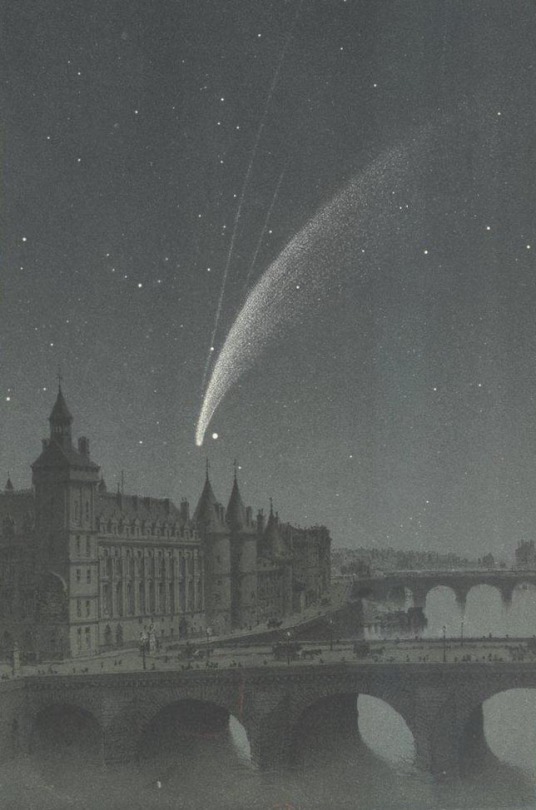
Amédée Guillemin, Les comètes (1875)
http://player.vimeo.com/video/62255585
Comet Panstarrs captured in gorgeous time-lapse above the skies of Boulder, CO by Patrick Cullis. Lovely stuff.
Comets are mysterious frozen chunks of stellar and planetary debris, these dirty snowballs that wander in darkness until their tails are blown bright and wide by solar winds. Some follow paths so random and eccentric that they may pass a star only once, or perhaps not at all, instead floating through interstellar space, never to be known. But for those fleeting moments, like Panstarrs’ current passage, they are like icy candles lit for our enjoyment by the breath of the sun.
A song of ice and fire, indeed.
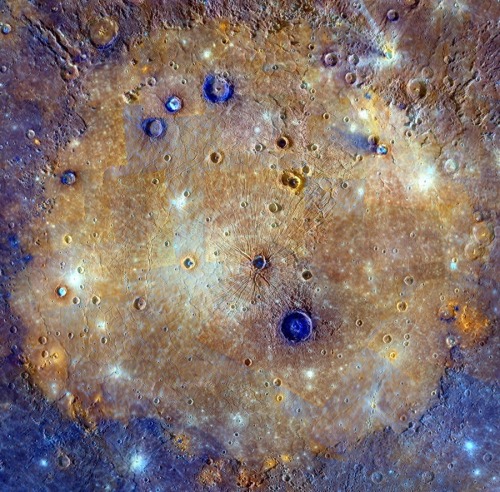
The sprawling Caloris basin on Mercury is one of the solar system’s largest impact basins, created during the early history of the solar system by the impact of a large asteroid-sized body. The multi-featured, fractured basin spans about 1,500 kilometers in this enhanced color mosaic based on image data from the Mercury-orbiting MESSENGER spacecraft. Mercury’s youngest large impact basin, Caloris was subsequently filled in by lavas that appear orange in the mosaic. Craters made after the flooding have excavated material from beneath the surface lavas. Seen as contrasting blue hues, they likely offer a glimpse of the original basin floor material. Analysis of these craters suggests the thickness of the covering volcanic lava to be 2.5-3.5 kilometers. Orange splotches around the basin’s perimeter are thought to be volcanic vents.
Image Credit: NASA, Johns Hopkins Univ. APL, Arizona State U., CIW
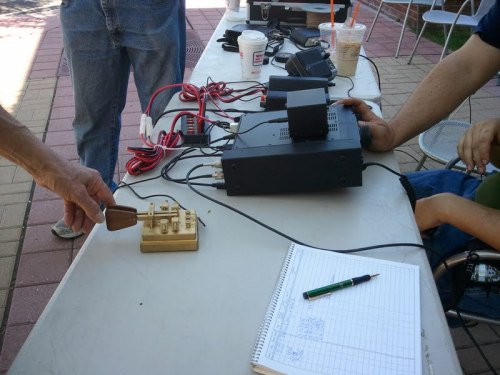
Just a typical Saturday in our courtyard calling Ohio using Morse code.

Amédée Guillemin, Les comètes (1875)
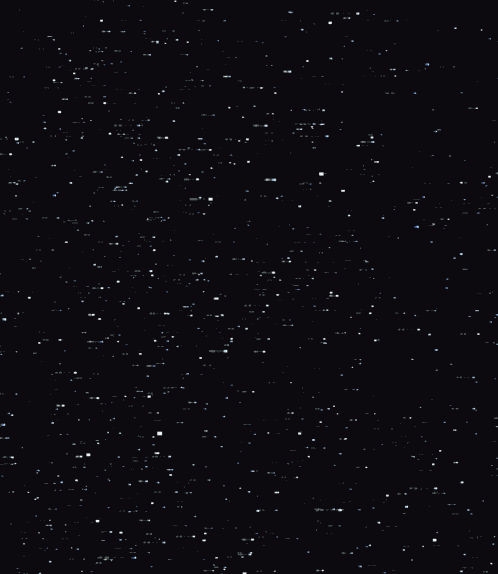
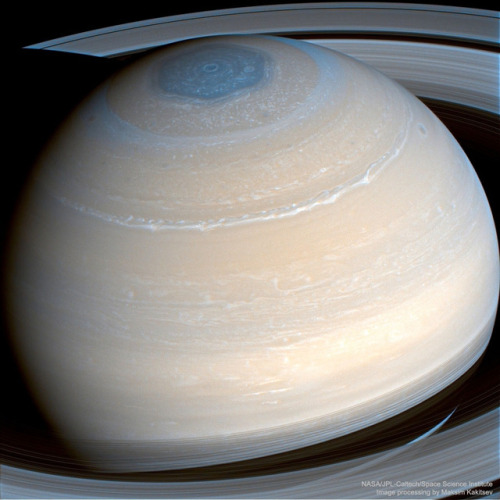
*Those razor-like shadows, they’re so black they look photoshopped
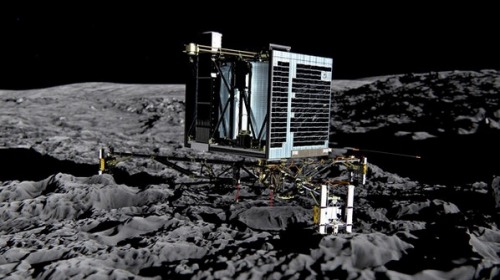

Comet lander Philae wakes up: How it happened and what’s next
By Lauren Raab
Philae, the first spacecraft to land on a comet, surprised and delighted scientists this weekend by waking up and reestablishing contact with Earth, seven months after running out of power. It “spoke” for more than a minute, according to the European Space Agency, and it’s expected to be able to continue gathering information and sending it home.
Here’s a look at what the lander has done so far and what will happen next.
Continue Reading.
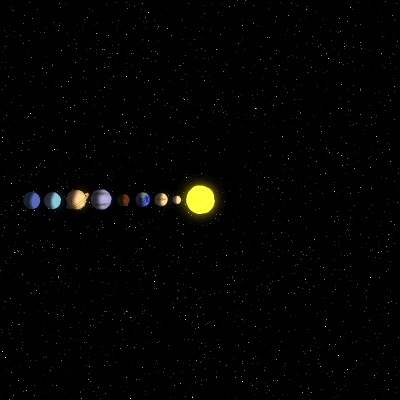
planets
-
 out-one liked this · 1 year ago
out-one liked this · 1 year ago -
 science-viking reblogged this · 2 years ago
science-viking reblogged this · 2 years ago -
 alleeles liked this · 4 years ago
alleeles liked this · 4 years ago -
 alinc liked this · 4 years ago
alinc liked this · 4 years ago -
 drewmo57 liked this · 5 years ago
drewmo57 liked this · 5 years ago -
 jokersfangirl84 reblogged this · 5 years ago
jokersfangirl84 reblogged this · 5 years ago -
 jokersfangirl84 liked this · 5 years ago
jokersfangirl84 liked this · 5 years ago -
 dollburial liked this · 5 years ago
dollburial liked this · 5 years ago -
 fillintheblank-e reblogged this · 5 years ago
fillintheblank-e reblogged this · 5 years ago -
 guyeatingtomatos liked this · 5 years ago
guyeatingtomatos liked this · 5 years ago -
 papercut-paranoia reblogged this · 5 years ago
papercut-paranoia reblogged this · 5 years ago -
 papercut-paranoia liked this · 5 years ago
papercut-paranoia liked this · 5 years ago -
 marionettesden reblogged this · 5 years ago
marionettesden reblogged this · 5 years ago -
 xalreadybrokenx reblogged this · 5 years ago
xalreadybrokenx reblogged this · 5 years ago -
 sorrisidisperati reblogged this · 5 years ago
sorrisidisperati reblogged this · 5 years ago -
 broknstar liked this · 5 years ago
broknstar liked this · 5 years ago -
 unwinding-myself reblogged this · 5 years ago
unwinding-myself reblogged this · 5 years ago -
 unwinding-myself liked this · 5 years ago
unwinding-myself liked this · 5 years ago -
 30-09-1993 reblogged this · 6 years ago
30-09-1993 reblogged this · 6 years ago -
 art-sthetica reblogged this · 6 years ago
art-sthetica reblogged this · 6 years ago -
 varusai reblogged this · 6 years ago
varusai reblogged this · 6 years ago -
 amfavitaminas liked this · 6 years ago
amfavitaminas liked this · 6 years ago -
 lampigrevi reblogged this · 6 years ago
lampigrevi reblogged this · 6 years ago -
 death-s-head-hawkmoth liked this · 6 years ago
death-s-head-hawkmoth liked this · 6 years ago